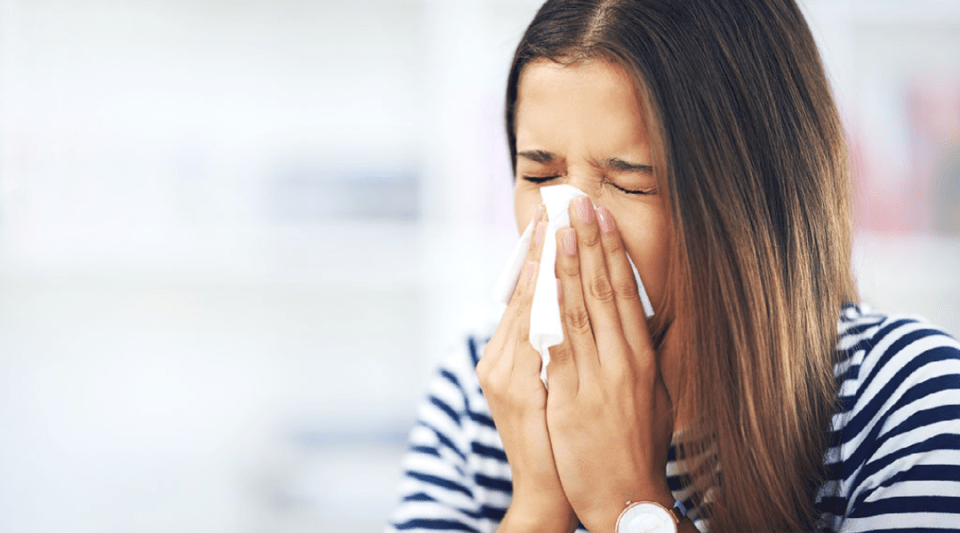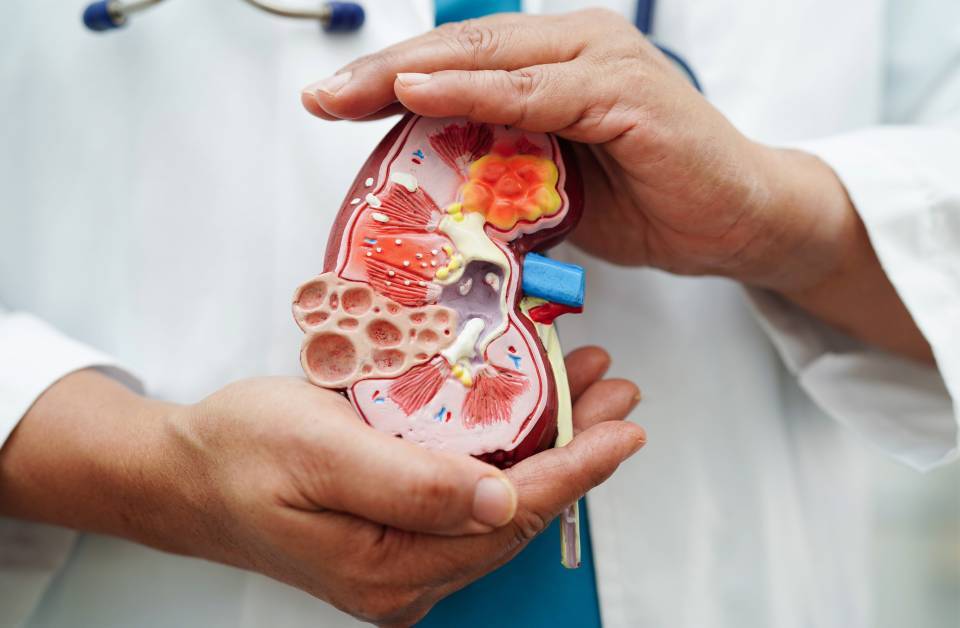When spring comes, all of us remembers allergies. However, most allergic people tend to have symptoms throughout the year in our region. So it is important to be clear about what allergies are.
An allergy is a disorder of the immune system, when our defences respond inappropriately and identify external substances - of a harmless nature - as harmful. This currently affects approximately 25% of the population. However, despite this high prevalence, knowledge of the disease among the public is generally scarce and often imprecise. How can we prevent them? How do we identify them? How do we treat them?
Before learning something about this disease, it is important to realise that there are many types of allergies: respiratory, skin, food and those caused by insect venoms or medications. The most common allergens for respiratory allergies are pollen, moisture fungi, domestic animals and dust mites. While the most frequent food allergies in adults are to shellfish, nuts, fruit and vegetables.
The symptoms of food allergies can range from mild, such as itchy hands or throat; through moderate, with skin rashes or inflammation of different parts of the body; to severe, such as choking or anaphylaxis.
To prevent these situations, patients can follow a series of measures which take each specific case into account, depending on whether other diseases are present as well as the type of allergy.
- Precautionary measures. The most effective recommendation is not to come in contact with the causes of these allergies (by touching or eating, for example). Avoiding the trigger is one of the few alternatives we have; as research investment into these diseases, despite their high incidence, is far less than for other equally common diseases.
- Patient education. It is essential for the patient to know the measures required, and how to apply them, so they can prevent new allergic reactions or reduce the intensity of their symptoms.
- Pharmacotherapy. Some patients need preventive treatment or pharmacological maintenance to lessen the symptoms of their allergy. Others will require treatment only in cases of acute reaction. Thus, patients with severe food allergies, for example, must always carry adrenaline auto-injectors (pens), designed so that anyone without medical knowledge can inject the medication immediately to give time to reach a hospital emergency department.
- Allergen immunotherapy. Patients with a respiratory or insect venom allergy may benefit from specific allergen immunotherapy or allergy shots. This is also available for some types of food allergies. This kind of treatment runs the risk of actually inducing an allergic reaction, so it must always be administered in a health centre. The treatment is, however, safe and effective, and has to be prescribed by a specialist.
Information documented by:
Dr. Rosa Muñoz Cano. IDIBAPS researcher and doctor at the Allergology Unit, Hospital Clínic Barcelona.






